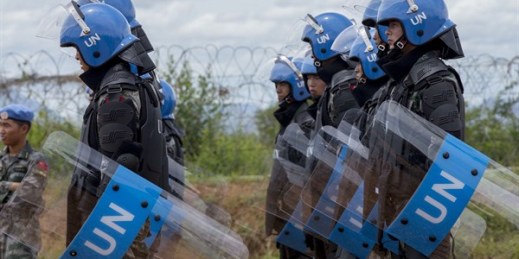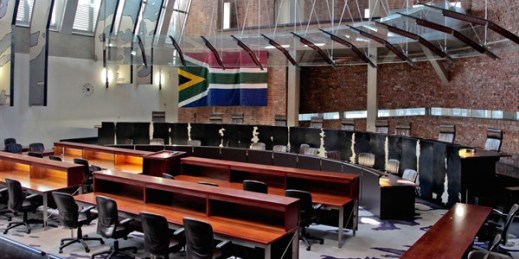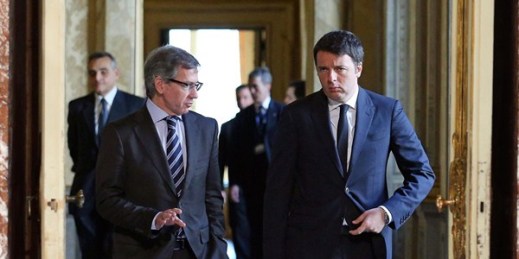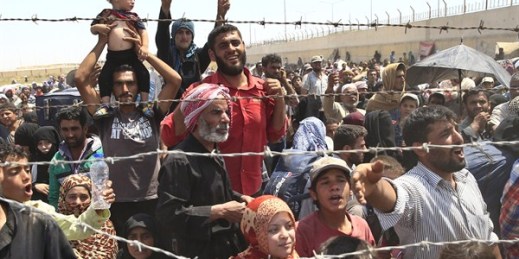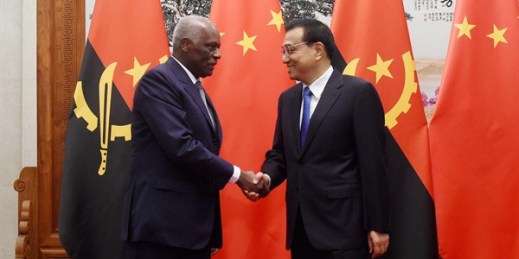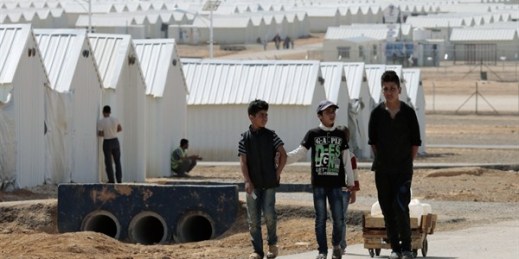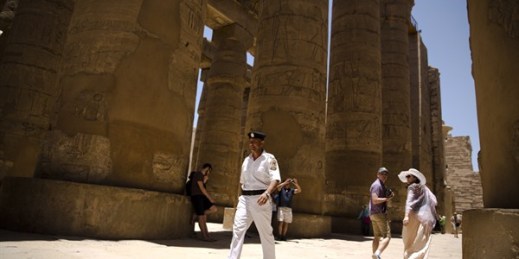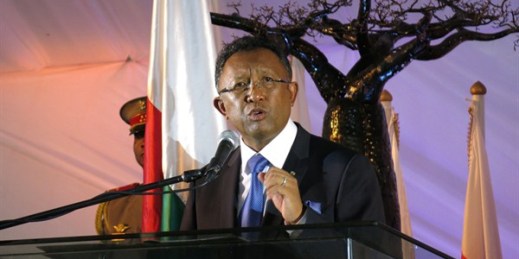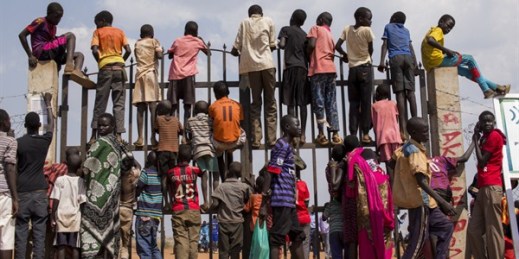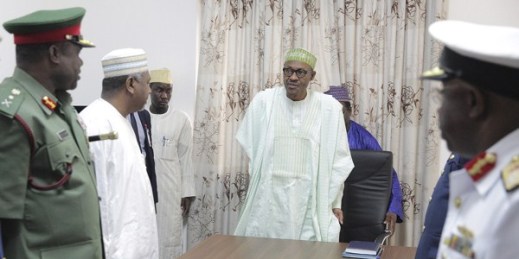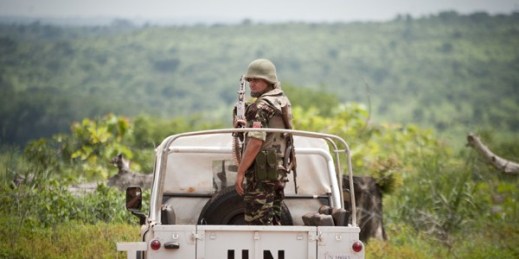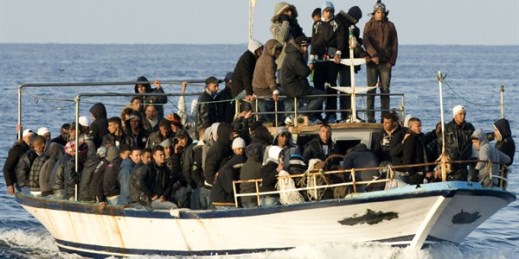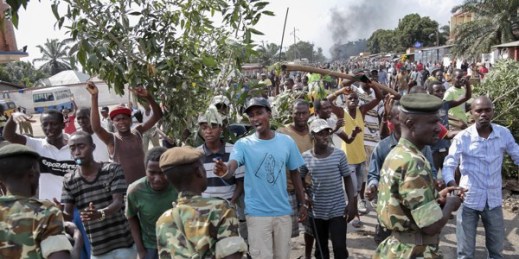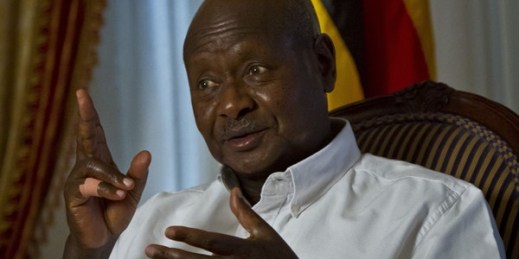
KAMPALA, Uganda—As Burundi’s president, Pierre Nkurunziza, is learning, subverting constitutional term limits can be a tricky business. In April, Nkurunziza announced he would be running for a third stint ahead of a June vote, despite a constitutional limit of two terms. His announcement was met with immediate protests, still ongoing, and an attempted coup. The election is now delayed until at least July. His counterparts in nearby Rwanda and the Democratic Republic of the Congo must be watching warily. Both are about to bump up against their own term caps—the DRC’s Joseph Kabila next year and Rwanda’s Paul Kagame in […]

